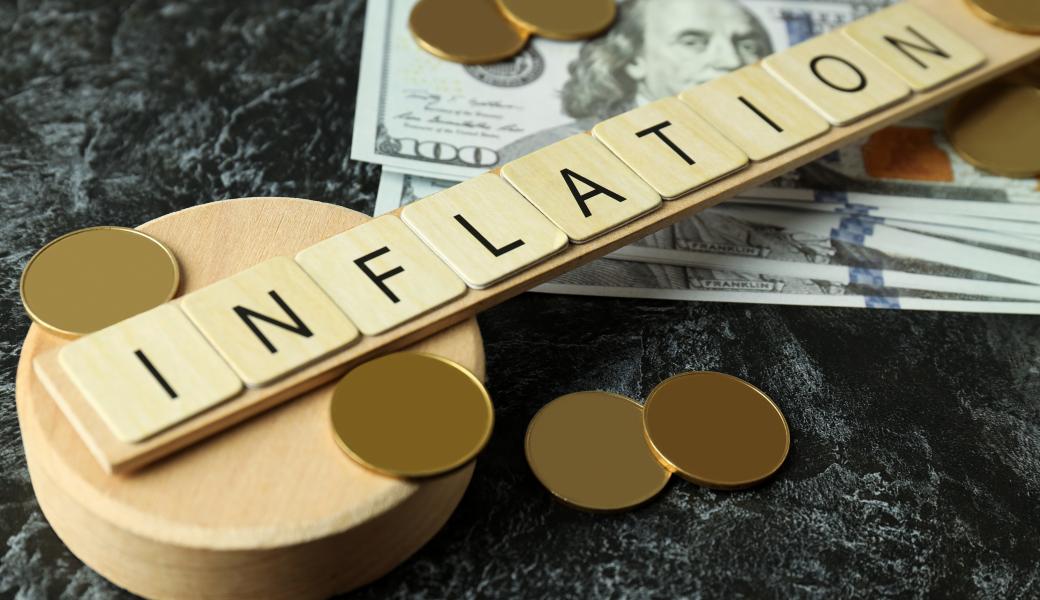Inflation Slows To 7.1% For November, Another Sign The Economy Is Cooling Off

Consumer price growth cooled in November, indicating a slowing economy and a sign that the Federal Reserve's aggressive rate-raising campaign to fight inflation is starting to pay off.
On a year-over-year basis, inflation hit 7.1%, a slowdown from the 7.7% in October and lower than the 7.3% expected by analysts. It's the smallest 12-month increase since December 2021, when it was 7.0%, according to the U.S. Bureau of Labor Statistics. On a monthly basis, inflation climbed just 0.1%, compared to 0.4% in October.
Persistent high prices have severely eroded earnings in the United States. On an inflation-adjusted basis, the median weekly take-home pay for all workers in the most recent quarter — $361 — failed to surpass the $362 of the fourth quarter of 2019, and it only just had its first quarterly increase in this stage of the coronavirus pandemic.
Still, there are signs across the economy that price growth is cooling. Tuesday's data captures the first sustained decreases in gas prices. As of last week, gas prices were found to have settled below where they were one year ago. On Tuesday, the national average was $3.24, according to AAA. Prices have already dipped below a $3 average across the Southern and the Plains states, the organization's data show.
Prices of durable goods such as clothing, electronics and home appliances have also begun to moderate amid slowing demand and increasing supply. The fall shopping season has been dominated by headlines about big-box retailers enacting heavy discounts to clear out excess inventory, the result of a pullback in lockdown-era consumption patterns and the easing of supply chain bottlenecks.
Last week, an alternative measure of inflation that tracks producers of goods and services also showed slowing price growth. Notable were price declines in airline tickets, automobile parts and hotel accommodations. Prices of used vehicles also continued to fall, although new car prices surged in November to a new high of $48,681 amid stronger luxury sales, according to Kelley Blue Book. Auto prices are the second-largest component of the "core" measure of inflation, which excludes typically volatile food and energy prices.
Read the full article from NBC News here.
Please Sign in to View
Log in to view member-only content.
If you believe you are receiving this message in error contact us at memberservices@rvia.org.
